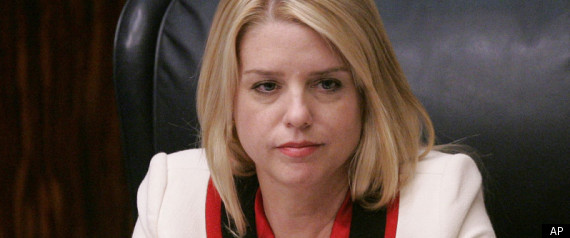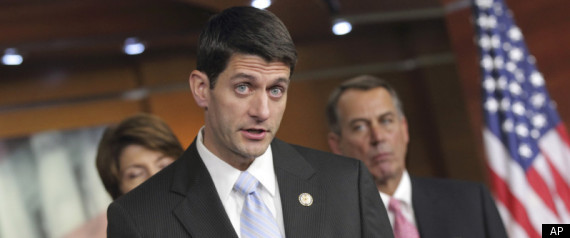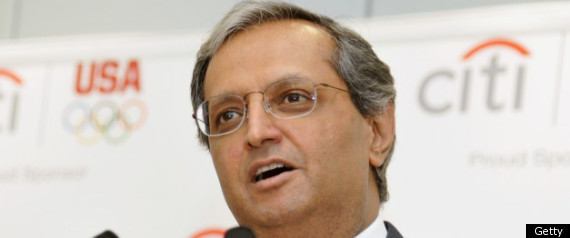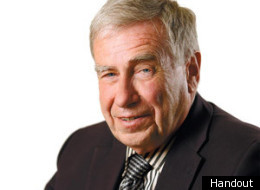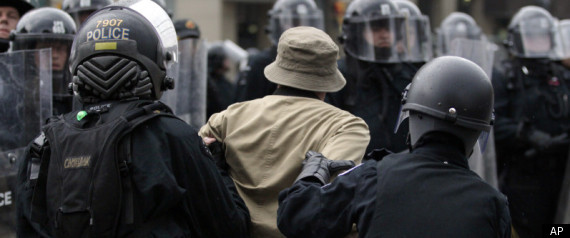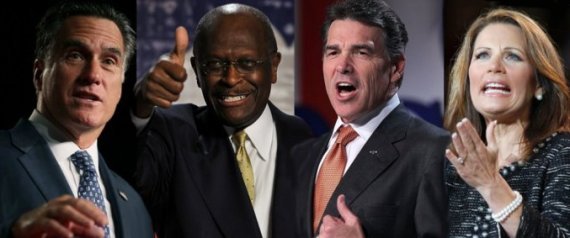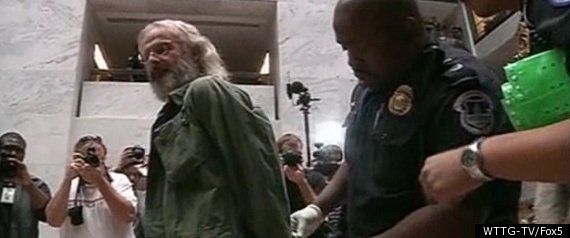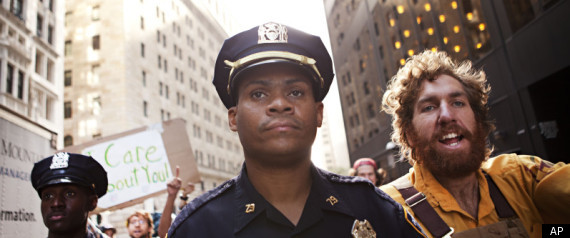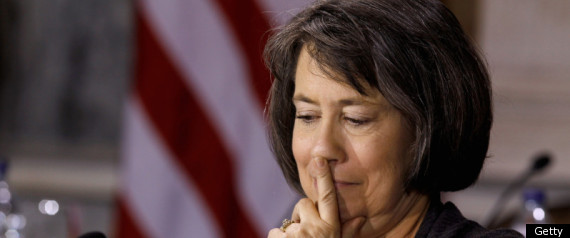 The Canadian military is keeping a watch on aboriginal groups through an intelligence unit that is meant to protect the Forces and the Department of National Defence from espionage, terrorists and saboteurs.
The Canadian military is keeping a watch on aboriginal groups through an intelligence unit that is meant to protect the Forces and the Department of National Defence from espionage, terrorists and saboteurs. The Canadian Forces’ National Counter-Intelligence Unit assembled at least eight reports on the activities of native organizations between January, 2010, and July, 2011, according to records released under access to information law.
When told of the documents, one aboriginal leader said the thought of the military keeping tabs on natives was “chilling.”
The Department of National Defence denies it obtained the intelligence itself, and says the information, which cites confidential sources with apparent inside knowledge of native groups, came from other government agencies.
Referred to as Counter-Intelligence Information Reports, the documents alert the military to events such as native plans for a protest blockade of Highway 401, and the possibility of a backlash among aboriginal groups over Ontario’s introduction of the harmonized sales tax.

